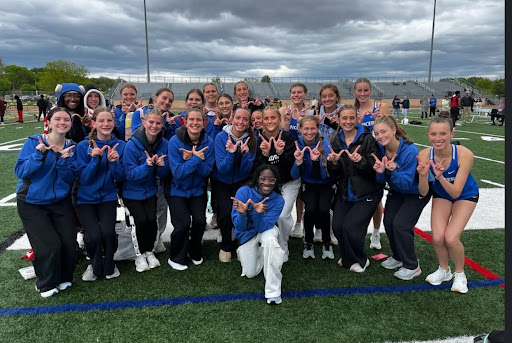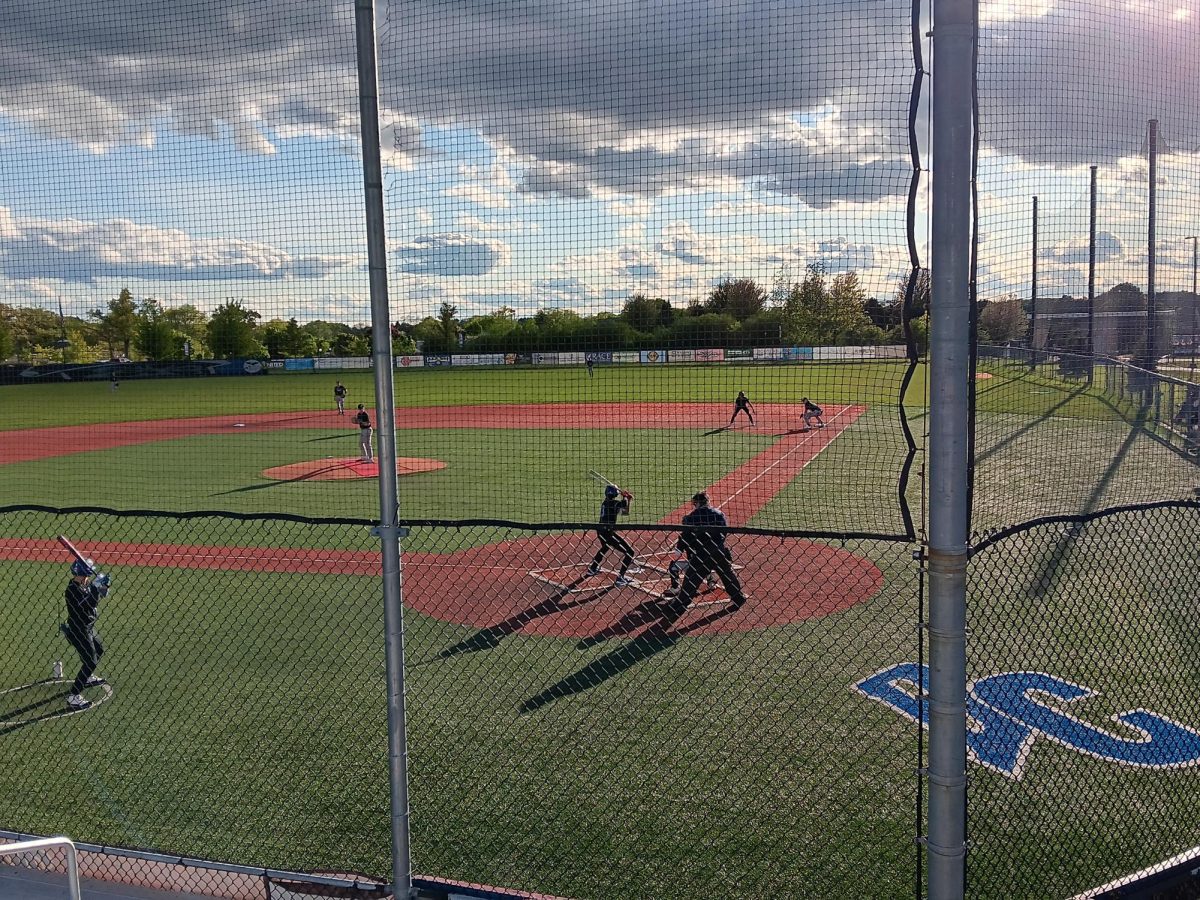Senior Privilege Option, otherwise known as SPO, is an incentive program for seniors that have “demonstrated personal academic excellence, excellent attendance, and appropriate behavior.”1 Those who are granted SPO are able to leave campus during what would otherwise be a Study Hall period. In other words, SPO is yet another reminder to maintain a strong academic standing throughout your time in high school.
There has been a rising opinion which claims that 11th graders should have an SPO equivalent. We can call this a Junior Privilege Option, or “JPO”. One may argue that since juniors are upperclassmen too, can drive, and usually have harder classes and more extracurricular involvement than the grade levels below theirs, they are deserving of an off-campus privilege.
While I believe that juniors will use their JPO privileges responsibly, I ultimately disagree with the idea of creating a JPO for a variety of reasons. The first is that the creation of a JPO will take away from the expected academic and extracurricular rigor that is put into one’s third year of highschool. Junior year is a time of honing your focus on academics, strong extracurriculars, the ACT, gaining a better understanding of yourself, and exploring how to utilize your interests in the future. To adhere to this norm, juniors are advised to take as many reasonably challenging courses as they can. From mine and many others’ personal experiences, the high level of focus that one develops during their junior year is unmatched, which is ideal for the tough workload. Having a free period in your schedule means fewer classes are taken overall, reducing the academic load that makes 11th grade so defining. In essence, JPO could distract juniors from making the most of the last full school year that they have to build their profile, preventing them from capitalizing on the peak productivity levels provided by that year.
Next, JPO would diminish the rewarding aspect of SPO. As mentioned earlier, with the amount of work put into 11th grade, burnout inevitably happens. This burnout evolves into the infamous senioritis (yes, it is very real). SPO serves as a well-earned reminder of the excellent achievements and standing one has built throughout their time in highschool, especially their third. In contrast, the exhaustion from sophomore and freshman year does not come close to the toll of junior year. This means the nature of a JPO break would simply be more of a fleeting distraction rather than a restoration. If a student were to partake in SPO after a year full of JPO, the SPO would merely feel like an extension of that earlier break instead of the compensation that it is meant to be.
At this point, my opinion on JPO has been well established. While I am opposed to the idea of creating an SPO equivalent for juniors, I believe that high achieving juniors’ excellent attendance and academic commitment should be recognized through creating an incentive-based study hall. We can call this “Upper-Classmen Study Hall” (UCSH). UCSH is a separate, more perquisite study hall primarily meant for good-standing juniors, and seniors who choose not to have SPO. Some of UCSH’s perks would consist of a silent, productive individual environment; separate spaces to work on collaborative projects, group homework, and tutor together, as well as recharging spaces to nap and take other needed mental breaks. The atmosphere of UCSH would be especially beneficial for juniors’ demanding workload, without the distractions that JPO could possibly harbor. Additionally, traditional study halls often consist of underclassmen, who generally have a lower workload than their older peers, and thus may create a noisier, overall unfavorable working environment for juniors.
To conclude, juniors should not have a program equivalent to SPO because it unnecessarily takes away from the focus and rigor that define that year, as well as the rewarding nature of SPO. Instead of JPO, the enhanced UCSH study hall should be implemented in order to recognize already high achieving juniors, as well as accommodate the many challenging demands brought about by that year.









